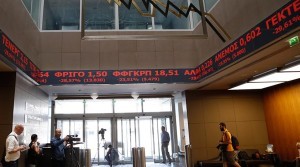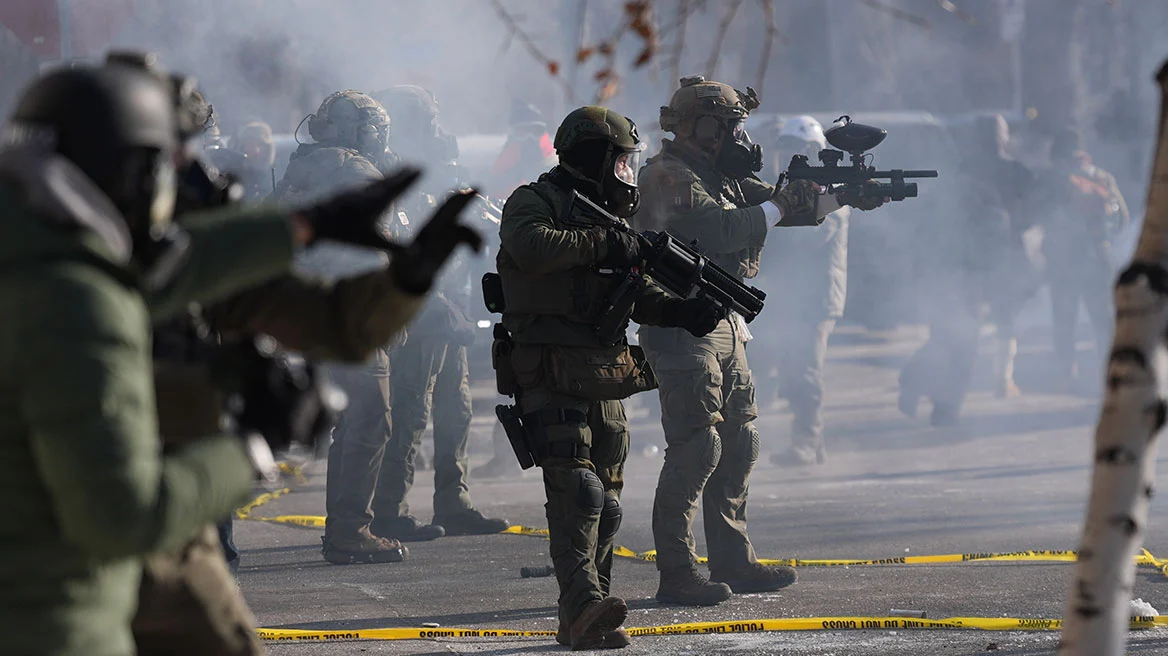The Athens Stock Exchange opened with a slight increase at 0.13% in the first few minutes on Tuesday before a 5% drop. The basic share price index later stabilized at 3.83% standing at 642.49 points at 11 a.m. and marking turnover at 16.26 mln euros.
The FTSE/ASE Large Index for blue chip and heavily traded stocks was down 5.43% and the FTSE/ASE Mid Cap index dropped by 2.36%.
Individual sector indices saw the biggest gains in Oil (3.47%), Industrial Products (3.17%) and Raw Materials (2.79%).
Meanwhile, the biggest losses were in banks (-28.98%) with a limit down in bank shares with Eurobank at 0.07 euros with 51 mln shares for sale; Piraeus Bank and 0.196 euros with 58 mln shares; the National Bank of Greece at 0.588 euros with 5 mln shares for sale; and 0.159 euros for Alpha Bank. The health sector also noted a steep drop (-17.59%).
31 of the stocks traded went up, 20 were down and 7 remained unchanged. Foreign traders expect another 2-3 days of volatility before buyers appear.
There was slaughter on Monday with stock brokers noting a steep 16.23% decline – larger than that of 1987.
These results show that there is still no relief in sight for Greek stock traders. After the first opportunity to trade after five weeks of capital control, Greek investors spent Monday selling after the ASE Index opened at -22% in the first minutes of the exchange reopening. Local brokers stated that they expected worst, which could have been the case had there been no restrictions.
Political wrangles
Conservative New Democracy party deputy Christos Staikouras argued that the government had acted irresponsibly and amateurishly leading to the collapse of the stockmarket on its first day of trading.
A senior Radical Left Coalition (SYRIZA) official on Monday criticized the opposition for “unacceptable” gloating over the plunge noted on Monday. He said the government’s actions on the stockmarket were under the supervision of the Euorpean Central Bank (ECB) and that the Hellenic Capital Market Commission (HCMC) had also been informed.
Ask me anything
Explore related questions





